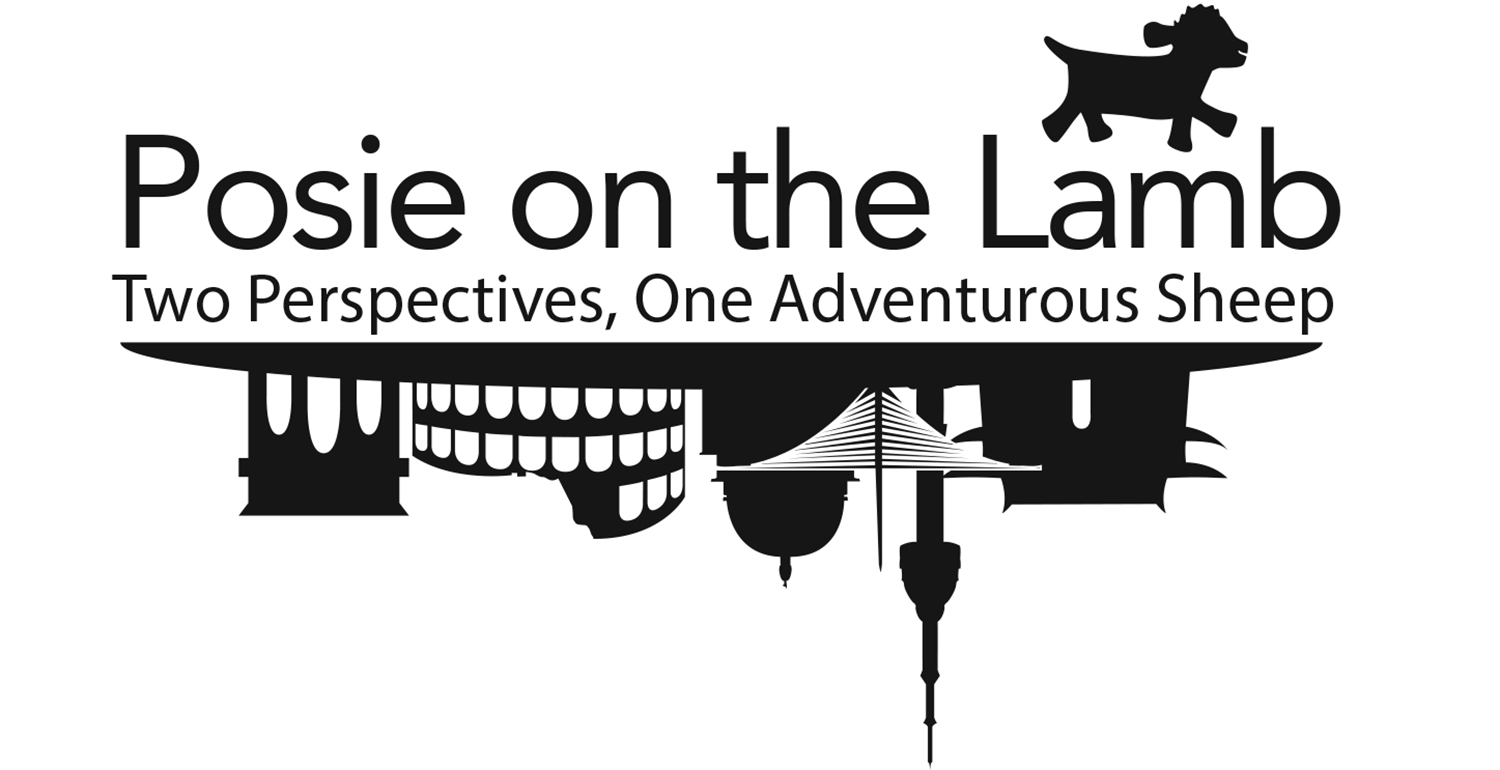Walking Yangon

The smell of cardamom and mango and frying bread thickens the air, hanging above a sewer stench, from the gutter, the dark alleys.
The sidewalk is a broken jigsaw puzzle of concrete slabs. But the market crowd has no trouble. The press of people shout, push, linger over bits of brightly colored cloth, or iced drinks. A woman passes balancing a basket of fruits on her head, her face covered in yellow swirls. Then a man, his longyi wrapped tight around narrow hips. A cheroot dangles from his black lips. Car horns punctuate the background, taxis and delivery trucks and buses battling for space on crumbling roads. The flood is vibrant and noisy and stinks of gasoline and wet pavement and sweat and cooking things.
Erin and I retreat to a sidewalk tea stand. The tables are short, barely to my knees, and plastic. It looks like children’s furniture under a century of street grime, but I see others sitting, smoking, drinking, chatting.
The toy chair creaks as I cautiously settle. Then it holds. A waiter appears, smiling. We order and watch the busy afternoon muscle by. We’re barely out of the press, hunched between a faded umbrella and a mossy building. But it is a blessed change from the relentless crowd. Black tea appears in a battered metal pot, sharp and bitter. I sip from a cup that looks dainty in my hands. Erin sits across from me, trying not to laugh.
A child is watching us. He’s small, with skin the color of a Hershey bar. A backwards ball cap and a green soccer jersey complete his wardrobe. But his bright eyes stare at mine. I wave. He runs to his mother and hides in her skirt. She smiles, points at me, says something soft. He cautiously gives me another look. But I’m too strange, too foreign. He hides his face once more. His mother laughs, gives an apologetic nod.
I realize I’m hungry. Breakfast feels like an age ago. We move on, find another tea stand serving noodles in bowls of broth, piled with vegetables and tofu. We order a couple and they arrive still steaming. The day is hot. I’m already sweating, and the noodles do not help this. But the food is delicious.
We finish and brave the crush once more. A monk passes, his red robe tossed casually over one shoulder like a forgotten scarf. His hands are folded around a thick ceramic bowl, cradled against his belly. Later, I would learn this was his begging bowl, holding food donated from shops, homes, vendors… anyone he passed, anyone who offered. He seems remarkably happy, for a man relying on luck and charity for his meals.
The street winds toward a glittering temple, the Sule Paya. Golden spires look like something from a fairytale against the too-blue sky.
And we have a long time to admire them. The intersection is madness, cars every which way in a Darwinian knife fight. Just as it clears, just as I’m about to step off the curb, a delivery truck roars through a turn. He’s driving wild, one set of wheels off the ground. His horn blares a warning to anyone blind enough to get in his way.
We scurry across at last and stare up at the temple like awestruck children. There’s a park beyond, a stretch of green shaded by massive, vine-wrapped trees. We slip inside, past an ominous stretch of barbed wire and rusted metal fences. It’s like someone has worked very hard to keep the rest of the city out.
But the gate is open, and couples walk in the cool shadows.
We find a quiet spot to sit and take a moment, breathless, wide-eyed and stunned.
“Well… welcome to Yangon,” Erin says softly.
“Yeah,” I reply.
-Sam













